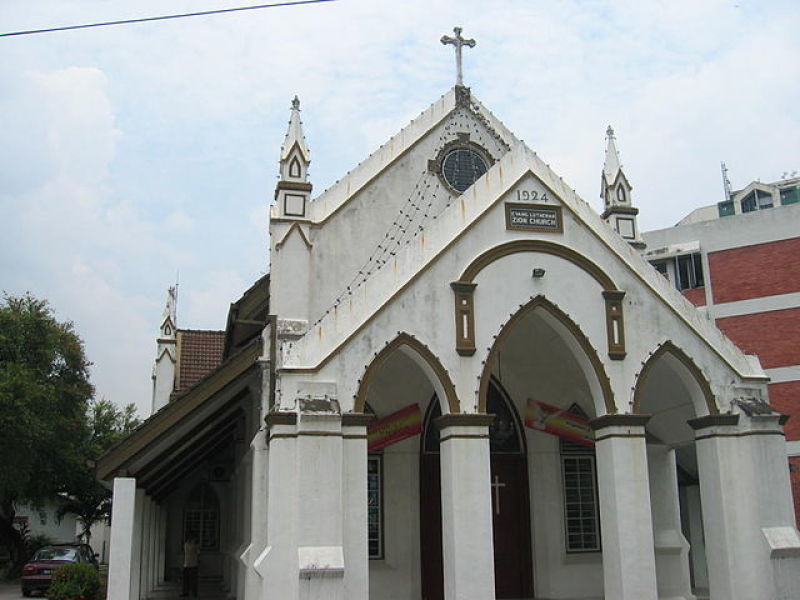
State Sultan Muhammad V of Kelantan in Malaysia in July 2020 passed the Kelantan Syariah Criminal Code (I) Enactment 2019, which included amendments based on the the Syariah Criminal Code (II) 1993 and the existing 1985 Syariah Criminal Code.
The new Sharia laws took effect on Nov. 1 this year and includes 24 punishable offenses, including "attempting to convert out of Islam, distortion of Islamic teachings, disrespecting the month of Ramadan, destroying houses of worship, disobeying parents, tattooing, and undergoing plastic surgery."
International Christian Concern reported that according to the Malaysian state's chief minister Ahmad Yakob, the enactment of the new measures enables Kelantan's Syariah courts to hear and judge cases involving the offenses listed in the new Sharia law and decide on punishments that include a maximum jail term of three years and a fine of RM5,000 or A$1,202, or strokes of the cane.
The Christian Post reported that under the new Sharia law, activities such as "proselytizing, distorting Islamic teachings, disrespecting the month of Ramadan, destroying houses of worship, tattooing, undergoing plastic surgery, engaging in sexual intercourse with corpses and non-humans, witchcraft and false claims" are now all illegal.
Ahmad said on October 31 that the new limitations will help improve the Sharia law not just in the Malaysian state of Kelantan but also in other states in the country, which has a Muslim majority. The leader added that the new measures sought to educate people and lead violators back to the correct Islamic path, as it was not merely a list of punishments.
However, critics in Malaysia believe that the new rules contribute to "exclusive and intolerant Islam."
A women's rights group in Malaysia called Sisters in Islam (SIS) decried the Sharia law, saying it violates "fundamental principles of democracy by suppressing critical thought and expression through arbitrary provisions" and punishing those who refuse to comply with the measure.
According to The Pew-Templeton Global Religious Futures Project, the Malaysian population is less than 10% Christian, with up to 66% Muslim. Persecution watchdog Open Doors USA ranks Malaysia as #46 on its 2021 World Watch List, which counts down the countries in which Christian persecution is at its worst. In Malaysia, Christians continue to suffer from the different forms of Islamic repression.
"Malaysia is a leading economy and democracy in Southeast Asia. However, as USCIRF has consistently noted, its respect for freedom of religion and belief is critically lacking," United States Commission on International Religious Freedom (USCIRF) Commissioner Jim Carr said in a November 2020 report on Christian pastor Raymond Koh, a religious prisoner of conscience who has been detained since 2017. "The basic rights of vulnerable religious communities must be protected."
Pastor Koh was taken by Malaysian authorities from the state of Selangor in February 2017. According to The National Human Rights Commission of Malaysia (SUHAKAM), Koh was taken by a special intelligence unit under the Malaysian police force. In the 2020 Annual Report of USCIRF, the persecution watchdog recommended designating Malaysia as a "special watch list country" for its systemic and continued violations of religious freedom.


























